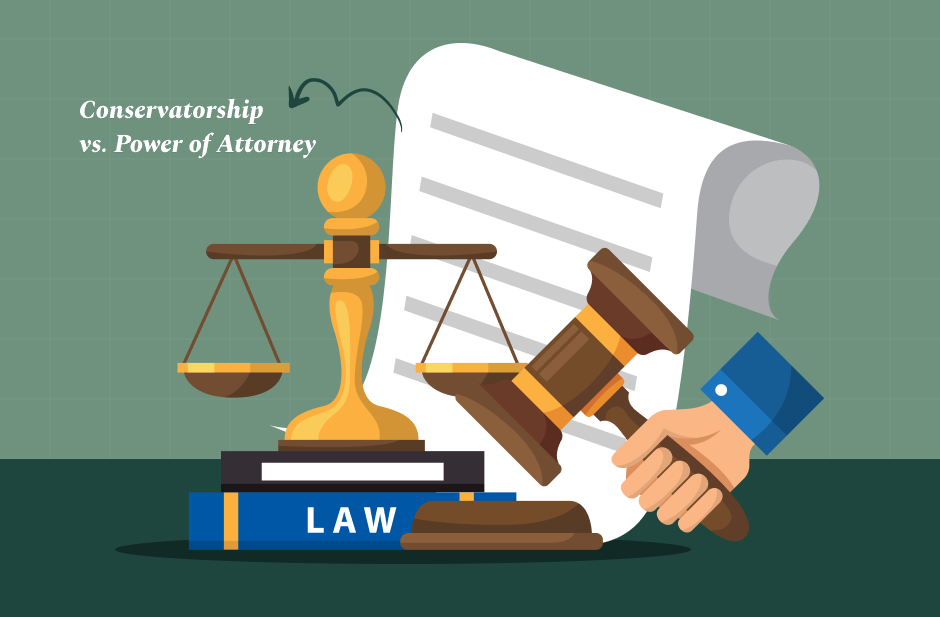Today’s topic is an easy one: capital murders definition.
When people hear the term “capital murder,” it often sounds confusing and scary. And TBH, it is given the penalties.
In simple words, it means the most serious type of murder in criminal law. Capital murder usually comes with the harshest punishments, like life in prison or even the death penalty, depending on the state where the crime happened.
In this blog, I will explain exactly what capital murder is, what makes it different from other types of murder, and what kinds of situations count as capital murder.
Therefore, irrespective of whether you’re a law student, a curious reader, or someone facing legal issues, understanding capital murder in simple words can help you know your rights and responsibilities better.
And if that’s what you want to know, you have come to the right place! So, keep on reading till the end…
What Is Capital Murder?

Capital murder is a very serious crime where someone is killed, and there are special or extra bad details about how or why it happened. It’s not just about the act of killing—it’s about the situation surrounding it.
Let me give you a very small example.
Let’s say that someone (let’s name him “A”) decided to kill a policeman and had planned to all. In such a case, it would be a capital murder case.
Courts make capital murder cases their number one priority when deciding because such crimes usually entail premeditated murders and high-risk activities.
In numerous U.S. states, the one who is found guilty of a capital murder has a choice of death or life imprisonment without the right to parole as a consequence.
To put it differently, the court will either give the person a death sentence or life imprisonment without the possibility of release.
Capital Murders Definition
When it comes to “capital murders definition” in criminal law, it is the most severe form of charge that a criminal (read: potential murderer) can get.
The most common punishment that the court orders for this type of criminal case are:
- Death sentence.
- Life imprisonment without parole.
The “Capital” comes from capital punishment, which is the execution of someone. Not all murders are capital murders.
The law sets forth that we can classify a murder as “capital” only if there was the presence of an aggravating circumstance(s).
Such conditions are very serious and they aggravate the crime. Here’s when one can get such charges or punishment:
- It was done during a robbery, rape, or kidnapping.
- The victim is more than one person.
- The victim is a police officer, a firefighter, or a child.
- It was the reason for payment (like when hiring a killer).
Some states have their capital murder stipulations and laws. Thus, it is possible for the person to be charged with capital murder, even if he has not been the one who committed the killing.
However, it happens as long as he is a co-conspirator, and it is proven that he took part in the execution of the crime.
So just to wrap up, capital murder is definitely not only about the fact that the life has been taken—the manner of the killing and the motive are the important factors.
That is the reason why it is the most serious offense with the most severe penalties in the legal system.
Key Characteristics Of Capital Murder
These key characteristics are why a simple murder becomes a capital murder:
- Intentional Killing: The person who committed the murder had in mind that they would kill. It was not a case of an accident or a decision made in the heat of the moment.
- Aggravating Factors: These are extra details that make a murder case more serious. For example if the victim was a police officer or if the murder was committed in the course of another felony like rape or robbery discussed here.
- Eligible for Death Penalty: The person has a right to receive the most severe punishment, i.e., death in case they are convicted of a crime by the court. A few states in the country definitely do not have the death penalty, but in those where it exists, capital murder is the only crime that goes along with the death of a person.
- Special Victims or Conditions: The killing of a child, a judge, a witness, or another person, who is considered “special” according to the law, is very often the case that it is capital murder to be dealt with.
- Life in Prison Without Parole: In case the state where the crime took place does not have the death penalty, the sentence of capital murder could still be given to the person, after which they would have to live behind bars for the rest of their life.
Together, those are the features that make capital murder the most serious and the highest crime for which somebody can be charged under the U.S. law.
Example Of Capital Murders
Let’s look at a few examples to make the idea of capital murder easier to understand:
- Example 1: A man robs a bank. During the robbery, he shoots and kills a security guard. Since this murder happened while committing another serious crime (robbery), it can be charged as capital murder.
- Example 2: Someone hires a hitman to kill their business partner for money. Even though they didn’t do the killing themselves, planning and paying for it makes them just as guilty. This is also capital murder because it was done for payment.
- Example 3: A person kills a police officer who was on duty. Because the victim was a law enforcement officer, the murder is automatically treated as capital under many state laws.
- Example 4: During a home break-in, a person kills two family members. Killing multiple people at once makes it a capital crime in most jurisdictions.
These examples show how capital murder is more than just taking a life—it includes special situations that the law treats with extra seriousness.
What Is The Difference Between Murder and Capital Murder?
The words murder and capital murder might sound the same, but they’re very different in the eyes of the law. Here’s a breakdown of their key differences:
1. Severity of the Crime
Murder is the illegal death of a person. According to the way it was committed, you can further divide it into:
- First-degree.
- Second-degree.
- Manslaughter.
Capital murder is the most serious among all kinds of murder. It is the killing of a person with some additional bad features, like killing a child or killing somebody during a robbery.
2. Punishment
In the case of a regular murder, the penalty may be a long period of time in prison, sometimes life accompanied by parole.
Let’s talk about the capital murder case. The penalty can be imprisonment for life without the possibility of parole or the death sentence, which, depending on the state, can be decided by the court.
3. Intent and Circumstances
First-degree murder implies that the crime was conceived in advance.
Capital murder is also about premeditation. However, it represents the gravest offences, like coming up with a plan to kill different victims (e.g., policemen) or carrying out multiple murders.
4. State Laws
Every state has murder laws, but not all states have capital punishment. So, capital murder charges can only lead to the death penalty in states where it is legal.
5. Trial Process
Capital murder trials are often longer and more complex. There may be two parts: one for deciding guilt, and one for deciding the punishment (life or death).
In summary, all capital murders are murders, but not all murders are capital murders.
Your Legal Guide: Is There A Non-Capital Murder Charge?
Well, that’s a good question. And, yes. There are several types of non-capital murder charges. And guess what? The penalties or punishments for these charges are much less severe when you compare them with capital murder.
For instance, here are some of the non-capital murder charges that you need to take a look at:
- First-Degree Murder: A planned killing, but without the special conditions that make it capital murder. Punishment is usually life in prison with or without parole.
- Second-Degree Murder: An intentional killing, but without planning. For example, killing someone during a fight without thinking ahead of time.
- Voluntary Manslaughter: A killing that happens in the heat of the moment, like during a sudden argument. It’s still a crime, but it’s much less serious than murder.
- Involuntary Manslaughter: When someone is killed by accident due to reckless behavior, like driving drunk.
You see, the ones that I have mentioned above are all non-capital murder charges. And what does that mean? Well, it means that all of the charges lack the presence of aggravating factors.
So, considering the fact that these do not have the essential factors that will make them capital crimes, they cannot lead to the death penalty.
Read Also:
















